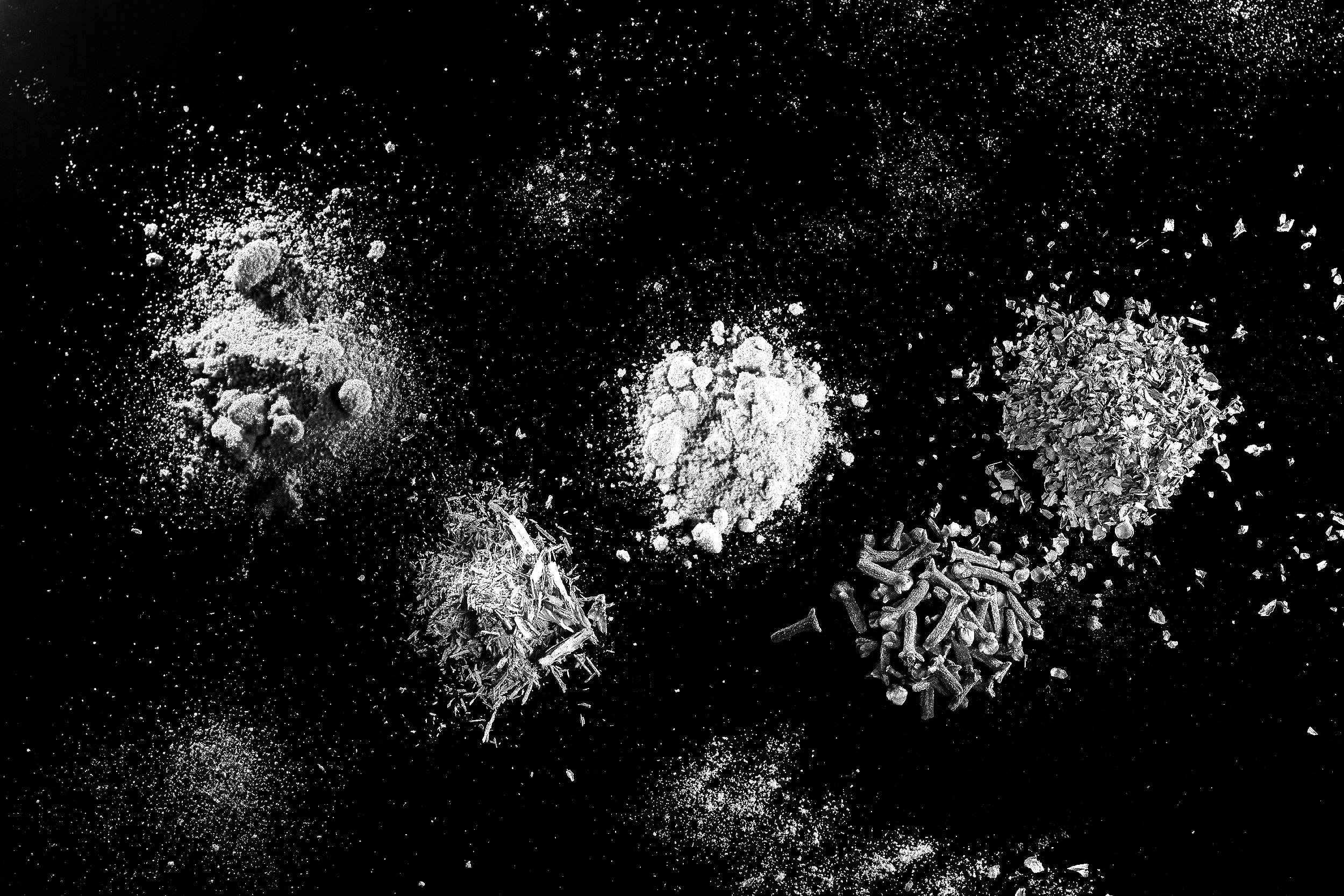
2 Pieces
By Lilly Torosyan
Identifies with the nation of Armenia
In Armenian, to care is հոգ տալ (hok tal), meaning “to give soul”
Our language is obsessed with giving away parts of ourselves
հոգուդ մատաղ (hokood matagh) -
I will sacrifice myself to save your soul
Hokis. My soul, spewed from our depths, like wine from karas jugs
But no one gives that away -
not willingly. not even the charitable
America is the most charitable of all nations
economists confirm it, publications report it
American economists, American publications
pundits repeat the affirmation
American pundits, smug grins cracking the screen
“Charity” (noun),
from the Middle English, from the French, from the Latin, from the Greek
“kara,” meaning “head” - an expression of love in Ancient Greece
From Kara to Charity. mutated so many times, the head lost her body
արևիդ մեռնեմ (arevid mernem) - I will die for your sun - perish beneath its glow
The Armenian asks, Is there love without soul, without light?
We’ve survived, not by hoarding or “preserving” - nor by conquering or stealing
The English cow chewed so much of India, that the word “loot” entered its tongue
“Loot” (noun), origin, Sanskrit - the world’s second oldest language
Armenian is not as old but no less wise
A home and haven to those without soil, decreed our Moushegh, Orphaned Prince of the Pen
After his roof ruptured and walls were looted, his tongue built a castle,
where every wanderer can own roof and wall
We’ve all felt the pang
those without a home, carry it in their bones -
gifting life and soul to pressurized eyes,
while singing, ծավդ տանեմ (tsav’t tanem) -
I’ll take your pain away
The drifter has much to teach the stagnant
but words are mutilated on a charitable tongue
So, there is no charity here
In this poem, I penetrate your lines
and break your vessel
to take what you cannot give
In this poem, I am conquistadora
my flag piercing your earth
and tainting its well
In this poem
you are homeless
marooned on crumpled sheets
howling release
Gather the ink
spill its agony
watch as your soul bathes
in my sun, hokis.
Anoti, Part II
Մաման կ’ըսէր ՛ | Maman guhser
Աստված անօթիների հոգին տանի | Asdvadz anotineri hokin danee
Mama would say, ‘May God take the souls of the hungry’
The halepa-stanci բարբառ swirls inside me.
It swooshes with the brown stuff.
Cup #1: Anoti. This word I once called lighter fluid.
This word that scorched our great-grandmothers.
Akh, even the desert starves for fresh meat.
Աստված անօթիների հոգին տանի | Asdvadz anotineri hokin danee
An heirloom from Tatik’s mother. All I have to hold her by.
Nothing but bones to gnaw at now.
Artsakh never knew anoti. Emptiness has a different shade this side of the border.
Once ծովից ծով (tsovic tsov), now սովից սով (sovic sov)
From sea to shining hunger
The camps are no longer in the desert.
They’ve crept into our homes.
Cup #2: Soon, I will learn the word for hunger in every dialect.
I will savor its bitterness with my morning coffee
this piece of toast that just landed on my plate.
No rations, no queues, no sweltering sun.
How արտասովոր (art-a-sov-or) ‘unusual.’
Fate is written on the forehead but inside is sov. Hunger.
To be means to starve.
A lesson we’ve lost in exile.
Cup #3: I am often asked how I find the words -
what time of day I sit, and how long I hold before release.
There is no method. There is no “process.” Except one.
I write hungry.
Only sourj to keep my insides warm
first cup, black; second, a splash of milk
As the numbers increase, the կաթ (kaat) tips the scale.
I dilute to keep going. Lest blood turn to stone.
Some afternoons, I’ll take out the սրճեփ (srjep | cezve) and make myself the black water of our
ancestors.
I’ll turn on the gas and watch the beans melt. Soon, they’ll try to escape.
Up and down they’ll scatter as I control the heat from the safety of my steed.
A desert of my making. How easy. To sear a body as it wails.
Cup #4: Աստված անօթիների հոգին տանի | Asdvadz anotineri hokin danee
May God take the souls of the hungry
Tatik had a sweet tooth. She could almost smell sugar from the other room. But deprivation shifts the
tongue out of whack.
On one of our last mornings together, her tongue drooled.
As I cleared the table, she reached over and scooped up the crumbs of a scone.
“You see these? These are us two, sitting and talking.”
She tossed them in her mouth and made a face.
“That was a little sweet.”
She thought the crumbs were bulgur.
Lilly Torosyan is a freelance writer based in Connecticut. Her writing focuses on the confluence of identity, diaspora, and language - especially within the global Armenian communities. She has an M.A. in Human Rights from University College London and a B.A. in International Relations from Boston University. Her articles have appeared in publications such as the Armenian Weekly, h-pem, and EVN Report. She is currently working on her inaugural poetry collection. You may read many of her poems, stories, and musings on Instagram, at @liminaltrees.